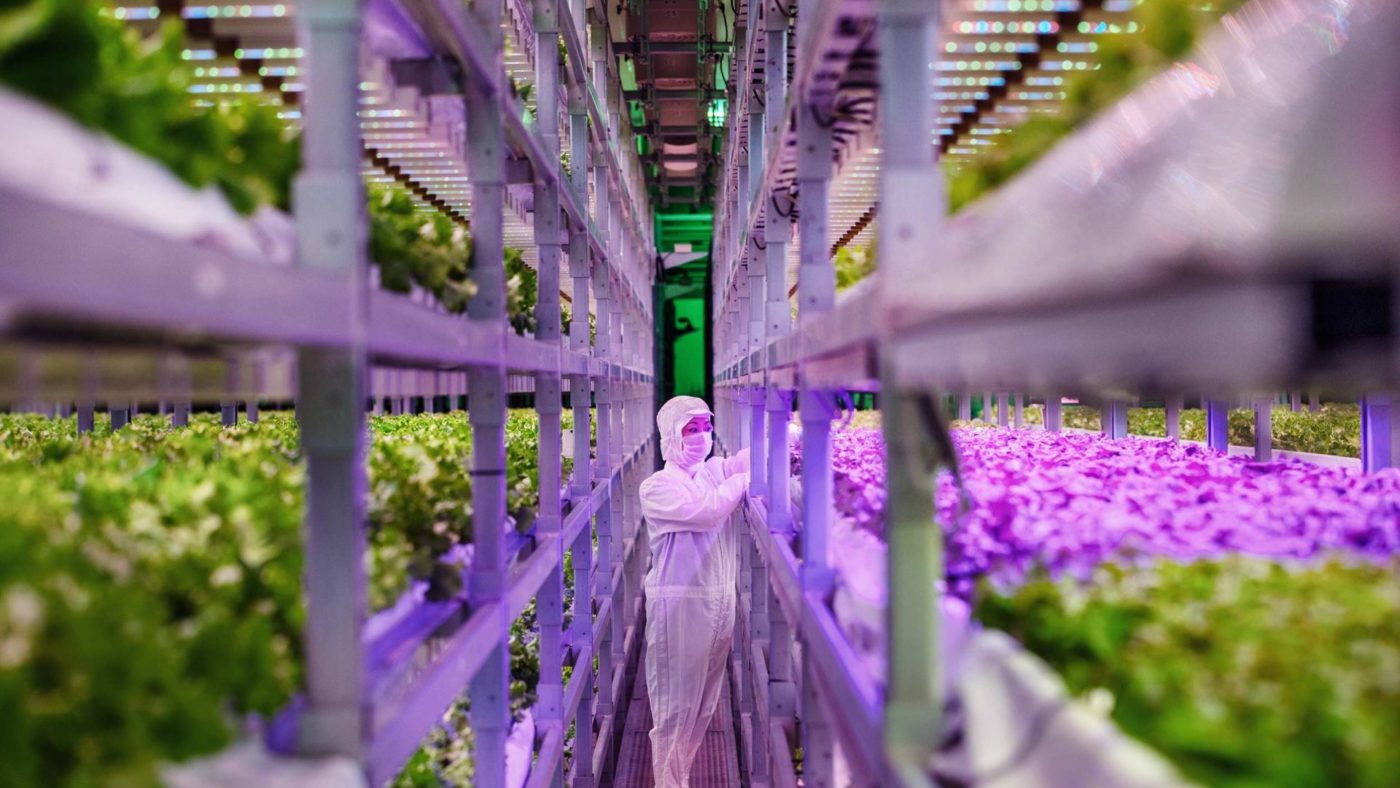In a pandemic-free alternative universe, the city of Glasgow is frantically getting ready to host the COP26 climate conference. As it is, the green get-together will have to wait until next winter.
When November 2021 does eventually roll around, COP26 will be a vital chance for countries to reaffirm their commitments to addressing climate change. Speeches will be made, agreements struck and pledges announced.
Promising further action on decarbonisation is one thing, but targets are just that – targets. Perhaps the more interesting outcome will be to see how, exactly, countries plan to limit their contributions to an ever more rapidly warming planet.
In environmental circles, opinions on how best to achieve sustainability normally split into two camps: those who favour command and control measures – mandates, regulations and so on; and those who put their faith in green innovation, steered by markets and price signals.
Of course, those schools of thought are not neatly divided and most people recognise the importance of finding a balance. Ineed, that interaction between good government policy and innovation is the focus of the latest report published this week by The Entrepreneurs Network and the Entreprise Trust.
On the innovation side, we are already seeing new ways of doing things in a host of different sectors. Take agriculture, where companies like Saturn Bioponic are pioneering vertical farming techniques to minimise the amount of land needed to grow food. Hummingbird Technologies, meanwhile, are developing drones and robots – coupled with sophisticated machine learning – to better understand how to boost crop yields.
The report pays particular attention to the role government can play in addressing environmental market failures – ensuring polluters pay for the damage they cause, and that innovators are properly rewarded for the gadgets they dream up.
One of the recommendations, for example, builds on the Government’s encouraging recent announcement of more funding for R&D, along with a rise in the Research and Development Expenditure Credit from 12% to 13%. This extra funding should allow more British entrepreneurs to develop, refine, and scale their products – many of which will be focused on addressing environmental problems, whether that’s greener domestic heating systems, or zero-emission powertrains for vehicles.
Providing government support for R&D is crucial, as without it companies tend to try piggybacking on others’ innovation. Economist William Nordhaus demonstrated the net result of this in a 2004 paper, which estimated that innovators capture a measly 2.2% of the total surplus from the products they develop.
Proponents of free markets have another reason to support R&D funding, as the most likely ‘alternative’ to engineering our way out of problems with new technologies is probably just ever stricter regulations.
On the other side of the equation, we argue that more needs to be done to make sure polluters pay for the environmental damage they cause. That means the UK’s system of carbon taxation needs to be simplified, standardised, and broadened to cover as much of the economy as possible. We also call for an end to loopholes, such as the tax exemption for certain sectors which use red diesel.
The delay to COP26 initially divided opinion. For some it represented a year of missed opportunities. There is an argument, though, that a delay could end up being for the best. In the intervening months, governments have and will set out more ambitious plans to decarbonise their economies. As bleak and unwelcome as the pandemic is, a rare silver lining has been the doubling down on climate action, which now runs through many governments’ economic recovery responses.
With 12 months to go before COP26, our new report hopes to provide at least a handful of policies which the Government could adopt in order to nudge the country in a more sustainable direction.
To be the host with the most, Britain should embrace its environmental entrepreneurs.
Click here to subscribe to our daily briefing – the best pieces from CapX and across the web.
CapX depends on the generosity of its readers. If you value what we do, please consider making a donation.


